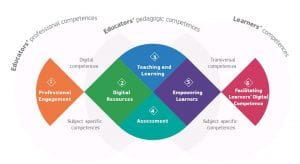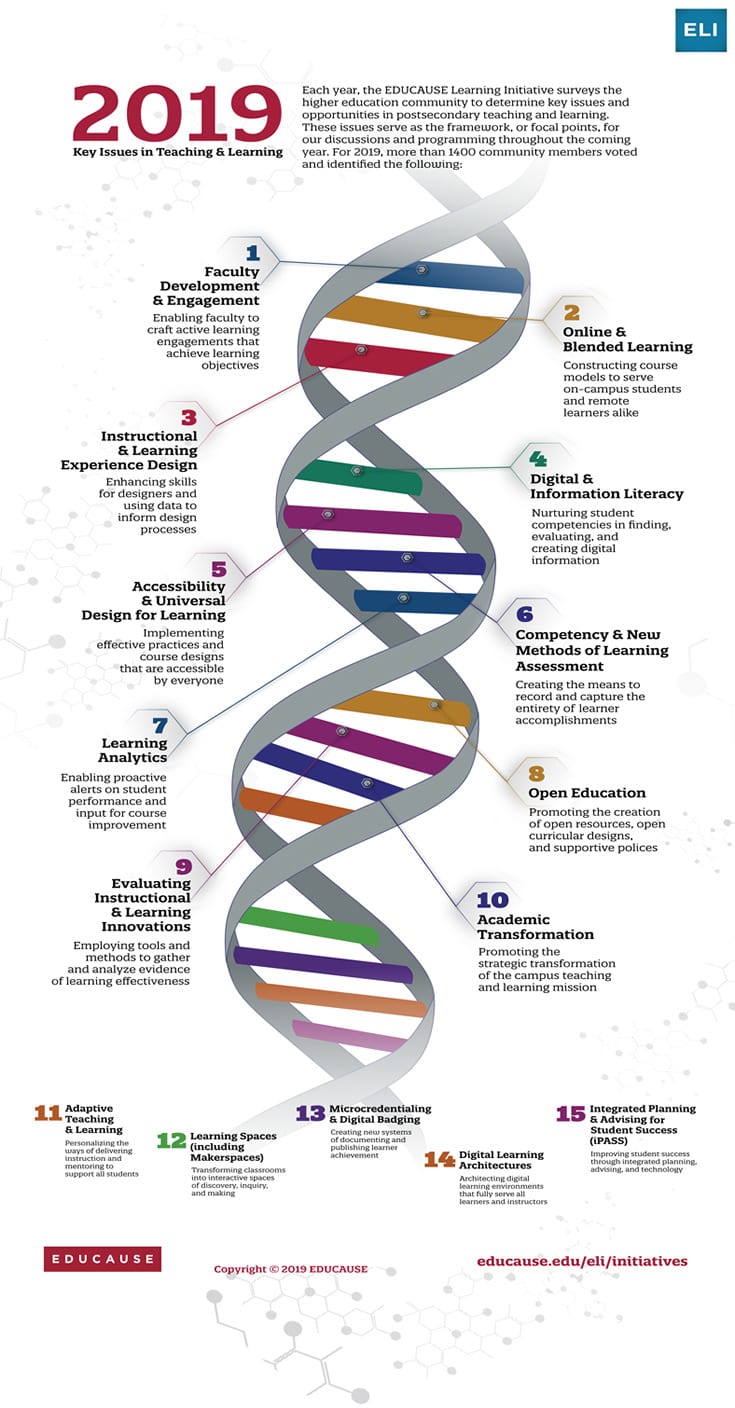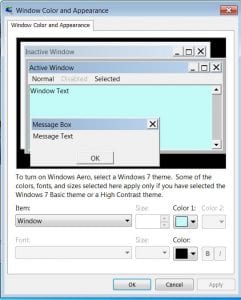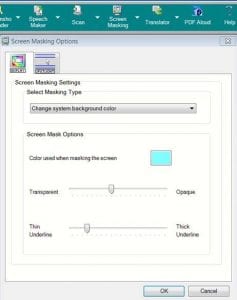Developing your Digital Pedagogy
By Samantha Ahern, on 6 March 2020
Much has been written about the need to develop students’ graduate attributes and employability skills, in particular students’ digital capability.
In order for us to develop digitally capable students, we first need to be digital pedagogues. For us to be able to identify, use and select or de-select appropriate technologies that support and are truly a part of our pedagogy, we need first to develop our own digital capabilities as educators.
The European Union have done a lot of work on digital capability/competency frameworks, and have produced a framework specifically for educators – Digital Competence Framework for Educators (DigCompEdu). This is much more targeted than the Jisc Digital Capability framework.
In addition, a range of open access professional development materials have been produced for Higher Education directly linked to the DigCompEdu framework. In particular, FutureTeacher 3.0 and EduHack.
Future Teacher 3.0
This is an Erasmus+ funded project that had collaborators from the UK, Netherlands, Belgium and Norway. The project produced three main tools linked to the DigCompEdu framework predominantly aimed at developing the digital competencies of those delivering or supporting teacher and learning in the UK and Europe.
These tools are:
- Digital Thermometer
- A self-assessment questionnaire
- Digital Compass
- Analysis of current compentencies based upon Digital Thermometer responses and a recommended development pathway.
- Digital Journey
- A series of 10 online modules for teachers who use little ICT in their lessons and 10 modules for already experienced teachers.
The online module content does not map directly to UCL specific technologies but still covers all the key content.
In the video below from a Digital Education Showcase meeting I outline why I particularly like the DigCompEdu framework and provide some more information about Future Teacher 3.0 and played Jisc’s video about their Digital Capability Framework.
EduHack
This is also an Erasmus+ project, it is run by Politecnico di Torino (Italy), Universidad Internacional de La Rioja – UNIR (Spain), Coventry University (UK), Knowledge Innovation Centre (Malta) and ATiT (Belgium).
This project combines an online programme with EduHackathons where teaching professionals will learn how to produce digitally-supported learning experiences and will have the opportunity to experiment with creative models and approaches to teaching and learning, with a focus on fostering collaborative learning and student engagement.
Institutions are required to register to participate and in doing so run the EduHackathon event in the way prescribed.
However, you can access the EduHack online course without registering as an institution. You can register as an individual if you want to obtain a certificate of learning. The course has 4 main topic atreas, these are:
- Digital Resources,
- Teaching,
- Assessment
- and Empowering Learners.
Like the Future Teacher 3.0 materials, these are based upon the DigCompEdu framework.
Digital Education and Digital Skills Development
In addition to the generic resources described above, a wide range of training is provided by Digital Education. This includes UCL specific training on the teaching and learning tools that we support such as Moodle, LectureCast and Reflect. A wide range of online guidance is also available via the E-learning wiki. Full details of the E-learning training available for staff are available on the ISD website.
Digital Skills Development provide a training programme that can be accessed by all staff covering popular tools and software available on Desktop@UCL and Desktop@UCLAnywhere. For details of upcoming training please see the recent blog post Develop your digital skills this academic year – new dates released
Online resources to help support teaching continuity
As we are unable to deliver face-to-face sessions to support colleagues with the transition to online delivery of their courses we are provding a range of additional support:
- firstly, check-out the Teaching Continuity Guidance,
- we have a range of video resources to support teaching continuity,
- and are hosting a range of live online staff development sessions for Moodle, BB Collaborate Ultra and LectureCast Universal Capture Personal.
Additional Resources
The Coursera hosted Mooc Get Interactive: Practical Teaching with Technology from the University of London and Bloomsbury Learning Exchange is a 3 week course.
Each week focuses on a particular topic:
1. Using multimedia for teaching and learning
2. Encouraging student collaboration
3. Formative assessment and feedback
Seeking inspiration?
However, if you are looking for ideas on how to move towards or increase the use of e-learning tools in your teaching you might wish to review the ABC learning design process. In particular, review the learning type cards as these suggest digital approaches to learning.
There are also a number of case studies on the Teaching and Learning portal that discuss how a range of tools have been used by colleagues across the institution. Examples include:
-
Creating interactive video training guides in Moodle: Neil Roberts, Hannah Cooper and Carolina Leal
-
Medical Science students use UCL Reflect to create scientific blogs for assessment
-
Using Moodle Hot Questions to give all students a voice in the classroom
 Close
Close






